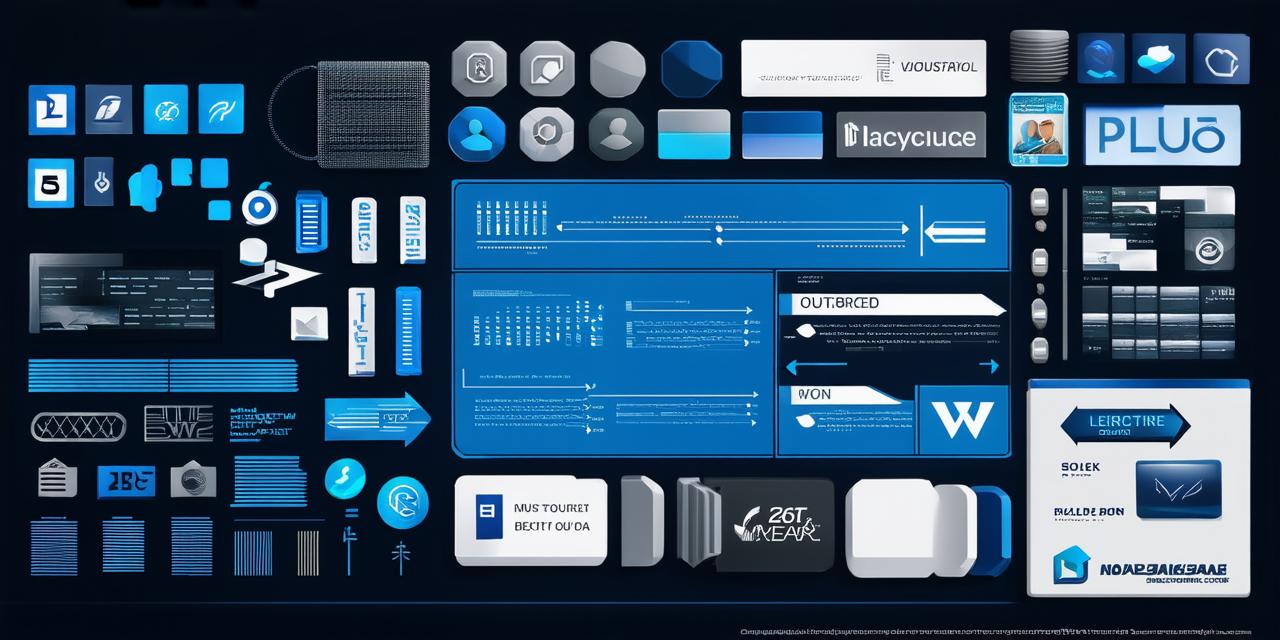What is outsourcing in computer
What is outsourcing in computer?
At its core, outsourcing in computer refers to the practice of outsourcing specific IT tasks or functions to external service providers. This can include anything from software development and maintenance to network administration and security. By working with an external IT provider, businesses can access specialized expertise and resources that they may not have in-house, allowing them to focus on their core competencies and drive growth.
The Benefits of Outsourcing in Computer
One of the main benefits of outsourcing in computer is cost savings. By working with an external IT provider, businesses can reduce their overhead costs by avoiding the need to hire and train in-house IT staff. Additionally, outsourcing allows businesses to take advantage of specialized expertise that may not be available in-house, which can lead to more efficient and effective IT operations.
The Drawbacks of Outsourcing in Computer
While outsourcing in computer offers many benefits, it is not without its drawbacks. One of the main concerns is security. By working with an external service provider, businesses are essentially entrusting their sensitive data and systems to a third party. This can be a risky proposition if the provider does not have robust security measures in place or if there is a breach of trust.
Real-Life Examples of Outsourcing in Computer
To illustrate the benefits and drawbacks of outsourcing in computer, let’s look at some real-life examples.
Small Software Development Firm
One company that has successfully implemented outsourcing in computer is a small software development firm. The company had a team of experienced developers but lacked the resources to handle all of their IT needs in-house. By working with an external software development provider, the company was able to access specialized expertise and reduce their overhead costs, allowing them to focus on their core competencies and drive growth.
Company Experienced a Breach of Trust

However, another company that tried outsourcing in computer experienced some challenges. The company had a large amount of sensitive data and systems that they entrusted to an external service provider. Unfortunately, there was a breach of trust, and the provider was found to have been stealing data from the company. This cost the company a lot of money and damaged their reputation.
How to Choose the Right Outsourcing Partner in Computer
Choosing the right outsourcing partner in computer is essential for ensuring that businesses get the most out of their IT operations. Here are some tips on how to choose the right partner:
- Do your research: Before making a decision, research potential providers and read reviews from other businesses that have worked with them. This can give you a better understanding of their capabilities and reputation.
- Evaluate their expertise: Look for providers that have specialized expertise in the areas where you need help. This can ensure that you are getting the most out of your outsourcing relationship.
- Consider their security measures: Make sure that potential providers have robust security measures in place to protect your sensitive data and systems.
- Communicate clearly: Establish clear communication channels with your provider and set expectations for how often you will be in touch. This can help prevent misunderstandings and ensure that everyone is on the same page.
- Monitor their performance: Regularly monitor the work of your external IT providers to ensure that they are meeting your expectations and delivering quality service.
Summary
In conclusion, outsourcing in computer can offer many benefits, including cost savings and scalability. However, it is not without its drawbacks, particularly around security and communication. By choosing the right partner and being vigilant about monitoring their performance, businesses can successfully implement outsourcing in computer and drive growth in their IT operations.
